Tinubu Weighs Dropping Controversial Figures from Pardon List Amid Public Fury
- by Editor
- Oct 17, 2025
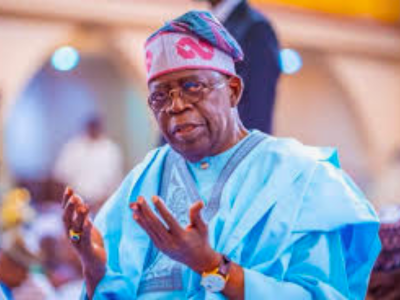
Credit:
The Nigerian federal government is reassessing a list of 175 pardons recently approved by the Council of State, following intense public backlash over the inclusion of individuals linked to violent crimes and corruption.
Sources indicate that several high-profile names may be removed as part of a final vetting process.
The list, submitted by the Presidential Advisory Committee on Prerogative of Mercy and chaired by Attorney-General Lateef Fagbemi (SAN), includes clemency recommendations for figures such as Maryam Sanda—convicted in 2018 for the murder of her husband—and Kelvin Prosper Oniarah, a notorious kidnapping kingpin whose operations spanned multiple states. Other categories cover illegal mining, drug offenses, military convictions, and posthumous pardons for the Ogoni Nine, including environmental activist Ken Saro-Wiwa.
Fagbemi clarified on Thursday that the process remains at an “administrative stage,” with no inmates yet released. “The final review is ongoing to ensure all recommendations meet legal and procedural standards,” he said, emphasizing transparency and the importance of public feedback. He noted that the exercise aims to decongest prisons and promote national reconciliation.
However, anti-corruption and security agencies—including the EFCC and NDLEA—have reportedly raised concerns about the inclusion of certain individuals, warning that some entries may have bypassed proper vetting and could undermine ongoing efforts to combat graft and insecurity. A senior official described the presence of “smuggled” names and suggested they are unlikely to survive the final review.
Public reaction has been swift and emotional. Families of victims, including relatives of Bilyaminu Bello, the man killed by Sanda, have rejected the proposed clemency. Rights groups have also criticized the optics of pardoning capital offenders at a time when Nigeria faces persistent security challenges.
The Council of State’s October 9 approval was intended to symbolize national unity, but the breadth of the list—from white-collar criminals to individuals linked to terrorism—has sparked heated debate. While posthumous honors for the Ogoni Nine have been widely praised, the inclusion of figures like Oniarah has fueled outrage.
As the review continues, the outcome will test the delicate balance between justice and mercy, and the credibility of Nigeria’s pardon process in the eyes of its citizens.


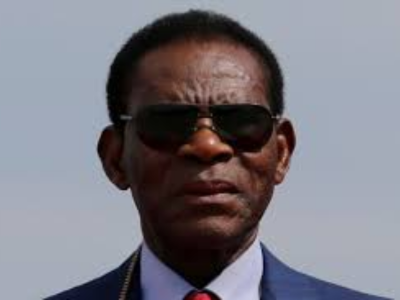
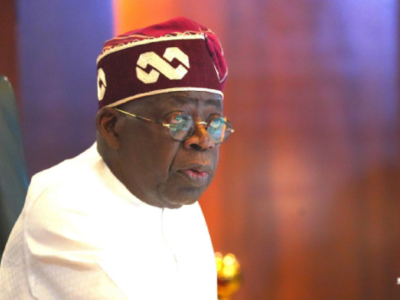
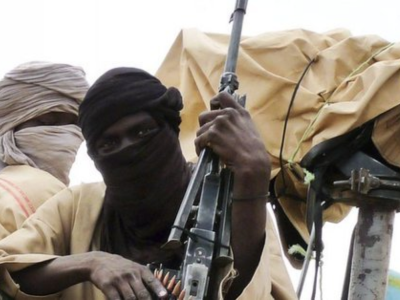





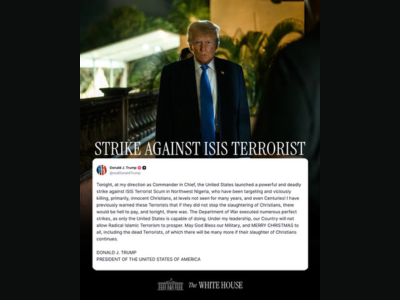


0 Comment(s)